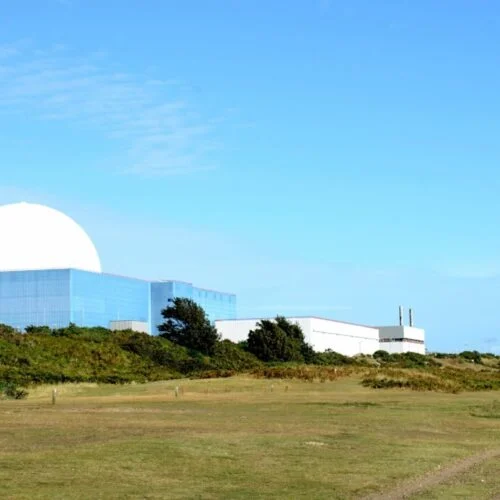All British domestic energy suppliers have today (18 April) signed an updated Code of Practise for prepayment meters (PPMs) with tougher Ofgem oversight to protect the most vulnerable.
Developed in consultation with Citizens Advice, Energy UK and other key stakeholders, the Code sets out specific high-risk categories where involuntary installations ought to be banned.
This is to ensure that PPMs are not used to exploit vulnerable customers.
The highest risk customers for which suppliers and contractors should refrain from subjecting to involuntary PPM installations include:
- People over 85
- Households requiring continuous energy for health reasons, including for powered medical equipment
- Households with residents with severe health issues or those with a medical dependence on a warm home
- Where a physical or mental incapacity means no one in a household can travel to top up the PPM
In February 2023, UK energy suppliers agreed to stop forcing vulnerable households onto PPMs following energy security secretary Grant Shapp calling for an investigation into PPM exploitation.
The announcement followed research by Citizens Advice which revealed that 3.2 million people were cut off from their energy last year due to an inability to keep up with PPM payments – and PPM installations were rising considerably during the energy crisis.
According to the Code suppliers and contractors must now:
- Attempt to contact a customer at least 10 times before a PPM is installed
- Conduct a welfare visit before the installation
- Wear body cameras when visiting a household to assess vulnerabilities ahead of installation
- Give all households being involuntarily switched to PPMs a £30 credit per meter
- Re-asses on a case-by-case basis once a customer has repaid owed debts
Ofgem has said it will be monitoring the implementation of the Code as it continues to investigate poor practice in this area.
“Ofgem’s new voluntary Code of Practice is a minimum standard that clearly sets out steps all suppliers must take before moving to a PPM. If and when involuntary PPMs are used, it must be as a last resort, and customers in vulnerable situations will be given the extra care and consideration they deserve, over and above the rules already in place, by suppliers – something that has clearly not always been happening,” said CEO of Ofgem, Jonathan Brearley.
“This new Code of Practice means, for some people, PPMs should never be installed, and, for high-risk groups, their energy needs must be protected with a higher level of consideration. The Code requires suppliers to become more attuned to the needs of all their customers in vulnerable situations, including if their circumstances change and reassessing if or when they do, and apply better compassion and professional expertise.
“We expect the overall number of involuntary PPM installations will fall over time, and we recognise that a careful balance is required to help manage debt, while protecting customers in vulnerable situations. So, this Code, whilst an important next step, is not the end of the journey.
We will be turning this Code into clear rules and regulations, and will be assessing its impact and taking further views from stakeholders as we do so. Equally, we continue to work with government and others to tackle wider affordability issues and move towards a sustainable, longer-term solution to ensure energy needs are affordable for all consumers, such as a social tariff and, eventually, cheaper, renewable, homegrown energy for all.”






